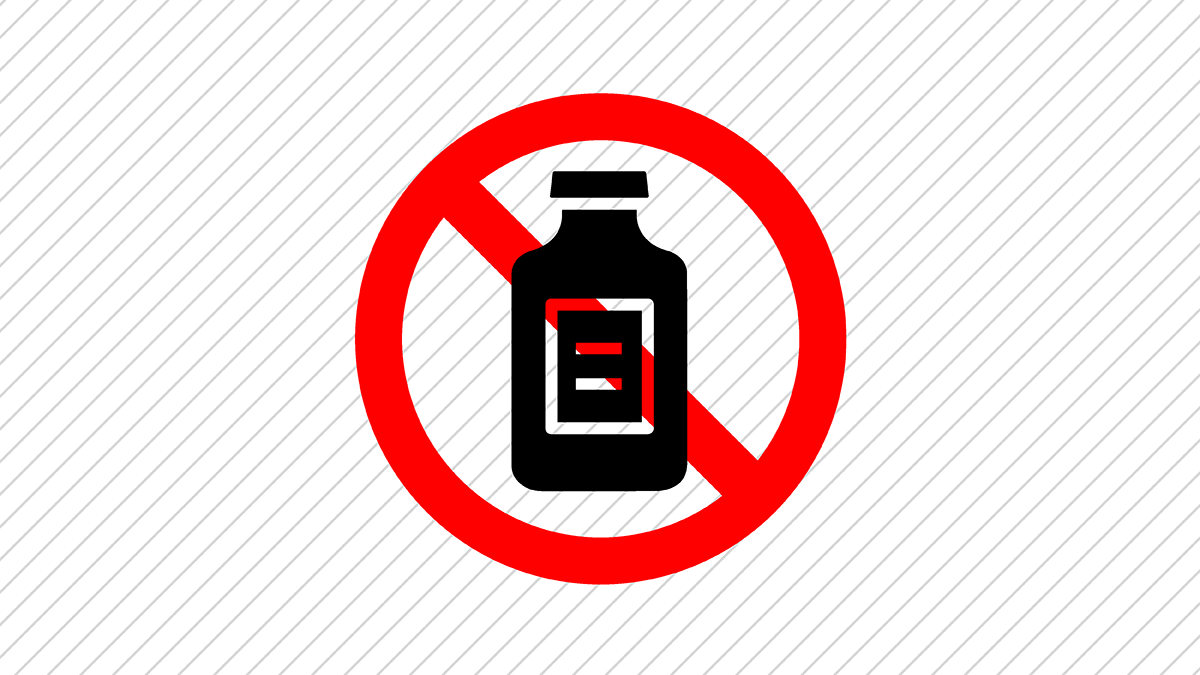Preserve or Protect
Are preservative-free alternatives the future of ophthalmic medicine?
On May 30, 2023, Thea Pharma, the Glaucoma Foundation, the Intrepid Eye Society, National Medical Association Ophthalmology Section, and Real World Ophthalmology announced the launch of the Preservative Freedom Coalition to raise awareness of the preservative-free eye care alternatives available to medical professionals and patients. The Coalition will also focus on advocating for policies that create a more favorable regulatory and reimbursement environment for marketing these preservative-free options within the industry.
Explaining her own reasons for joining the coalition, optometrist Selina McGee, President of The Intrepid Eye Society Board of Directors, says, “As treatments have evolved, so has our knowledge and approach of protecting the ocular surface. We know that preservatives can have a deleterious long-term effect, and so The Preservative Freedom Coalition’s mission… aligns with my own.”
Though there are well-known advantages of using preservatives in eye medication – they can be highly effective against pathogens and prevent bacteria growth once the bottle is opened to allow for a longer period of use, for example – there are questions about whether the cons outweigh the pros. Chris Pearson, Chief Commercial Officer at Thea Pharma, says, “Prolonged use of topical ophthalmic treatments containing preservatives can harm the very eyes that we are trying to protect.”
He adds, “Extensive preclinical and clinical evidence demonstrates that preservatives can damage the ocular surface over time, with some of these effects occurring immediately with acute signs and symptoms, and some progressing slowly over the chronic course of therapy.” He points to an array of studies that lend substantive weight to his argument – the Thygesen study from 2018 made a case for selecting glaucoma patients for preservative-free medication on the basis of their existing risk of ocular surface disease; The Baudouin study from 2012 found that antiglaucoma medications can cause further long-term trabecular degeneration; and the Pisella study from 2002 indicated that adverse reactions induced by preservative glaucoma medication can be reversible when preservatives are removed.
McGee also observes that benzalkonium chloride (BAK) – in use since the 1940s and still one of the most common preservatives for prescription and over-the-counter eye drops – can cause long-term ocular surface disease, as well as superficial punctate keratitis, conjunctival hyperemia, staining, blepharitis, increased osmolarity, and reduced tear breakup time.
“The Preservative Freedom Coalition aims to educate eye care practitioners, patients, and the broader healthcare community on the benefits of preservative-free medications to increase awareness of the need to protect the ocular surface,” says Pearson. “We will also help ensure that preservative-free medications are widely available to patients by identifying and addressing barriers to distribution, and promoting fair and equitable distribution.”
The New Optometrist Newsletter
Permission Statement
By opting-in, you agree to receive email communications from The New Optometrist. You will stay up-to-date with optometry content, news, events and sponsors information.
You can view our privacy policy here
Most Popular
Sign up to The New Optometrist Updates
Permission Statement
By opting-in, you agree to receive email communications from The New Optometrist. You will stay up-to-date with optometry content, news, events and sponsors information.
You can view our privacy policy here
Sign up to The New Optometrist Updates
Permission Statement
By opting-in, you agree to receive email communications from The New Optometrist. You will stay up-to-date with optometry content, news, events and sponsors information.
You can view our privacy policy here







